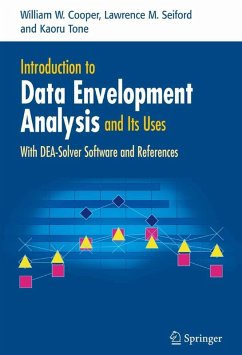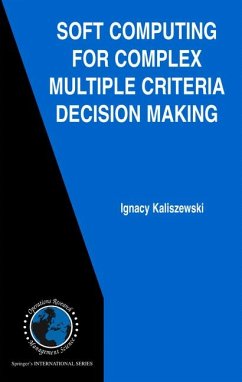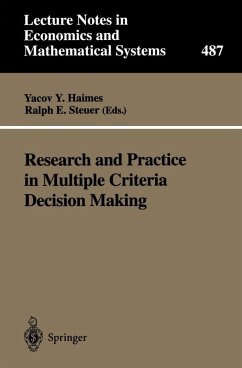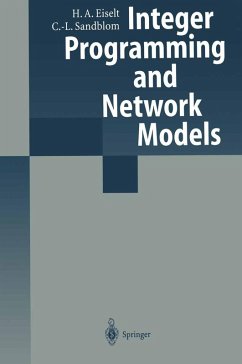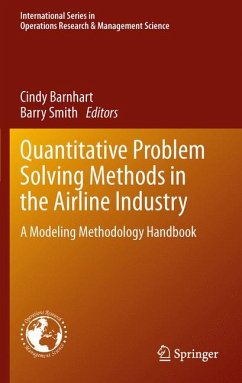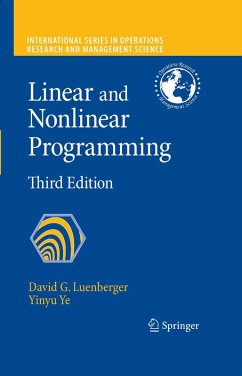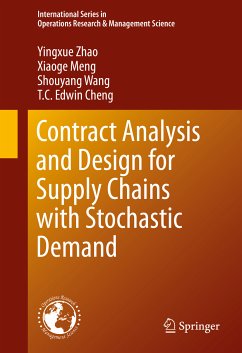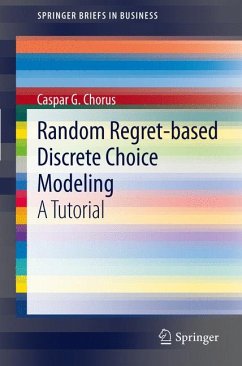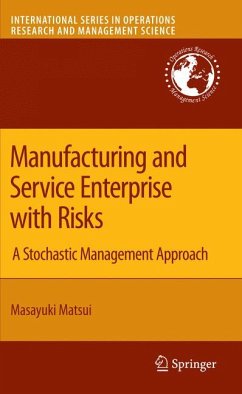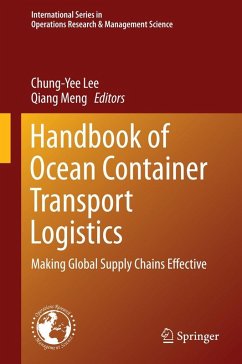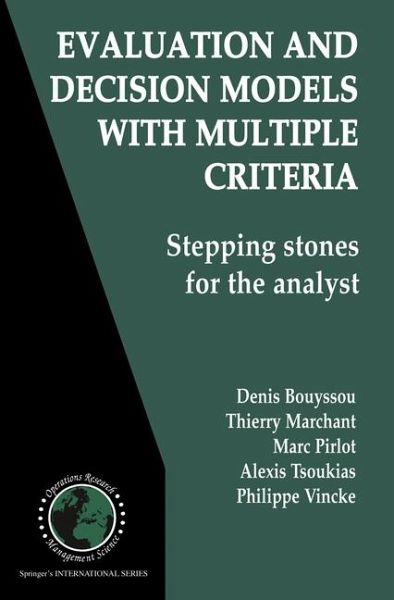
Evaluation and Decision Models with Multiple Criteria (eBook, PDF)
Stepping stones for the analyst
Versandkostenfrei!
Sofort per Download lieferbar
72,95 €
inkl. MwSt.
Weitere Ausgaben:

PAYBACK Punkte
36 °P sammeln!
Formal decision and evaluation models are sets of explicit and well-defined rules to collect, assess, and process information in order to be able to make recommendations in decision and/or evaluation processes. They are so widespread that almost no one can pretend not to have used or suffered the consequences of one of them.Our earlier companion volume, Evaluation and Decision Models, heavily criticised formal models but also argued that they could be useful. On the other hand, Evaluation and Decision Models with Multiple Criteria is a guide aimed at helping the analyst to choose a model and u...
Formal decision and evaluation models are sets of explicit and well-defined rules to collect, assess, and process information in order to be able to make recommendations in decision and/or evaluation processes. They are so widespread that almost no one can pretend not to have used or suffered the consequences of one of them.
Our earlier companion volume, Evaluation and Decision Models, heavily criticised formal models but also argued that they could be useful. On the other hand, Evaluation and Decision Models with Multiple Criteria is a guide aimed at helping the analyst to choose a model and use it consistently. We propose a sound analysis of techniques and our presentation can be extended to most decision and evaluation models as a "decision aiding methodology".
This volume is intended for the enlightened practitioner, for anyone who uses decision or evaluation models---for research or for applications---and is willing to question his practice, to have a deeper understanding of what he does.
Our earlier companion volume, Evaluation and Decision Models, heavily criticised formal models but also argued that they could be useful. On the other hand, Evaluation and Decision Models with Multiple Criteria is a guide aimed at helping the analyst to choose a model and use it consistently. We propose a sound analysis of techniques and our presentation can be extended to most decision and evaluation models as a "decision aiding methodology".
This volume is intended for the enlightened practitioner, for anyone who uses decision or evaluation models---for research or for applications---and is willing to question his practice, to have a deeper understanding of what he does.
Dieser Download kann aus rechtlichen Gründen nur mit Rechnungsadresse in A, B, BG, CY, CZ, D, DK, EW, E, FIN, F, GR, HR, H, IRL, I, LT, L, LR, M, NL, PL, P, R, S, SLO, SK ausgeliefert werden.




